Photosynthesis Board Game – Blue Orange Games
Photosynthesis is a fundamental concept in life sciences. It is one of the prerequisites for making sense of our Earth. If the World citizens do not understand how plants grow, then it becomes almost impossible to convey the urgent message that accumulation of carbondiokside in the air leads to global warming and climate change. If the primers are not given in an understandable way almost everything can become esoteric. But, do not despair! The board game Photosynthesis provides such primers […]

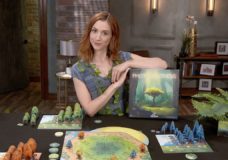
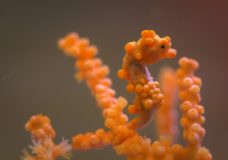
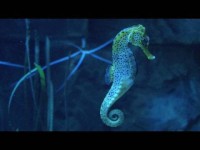
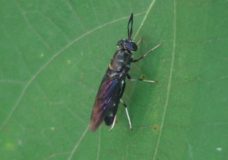
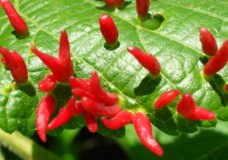

Recent Comments